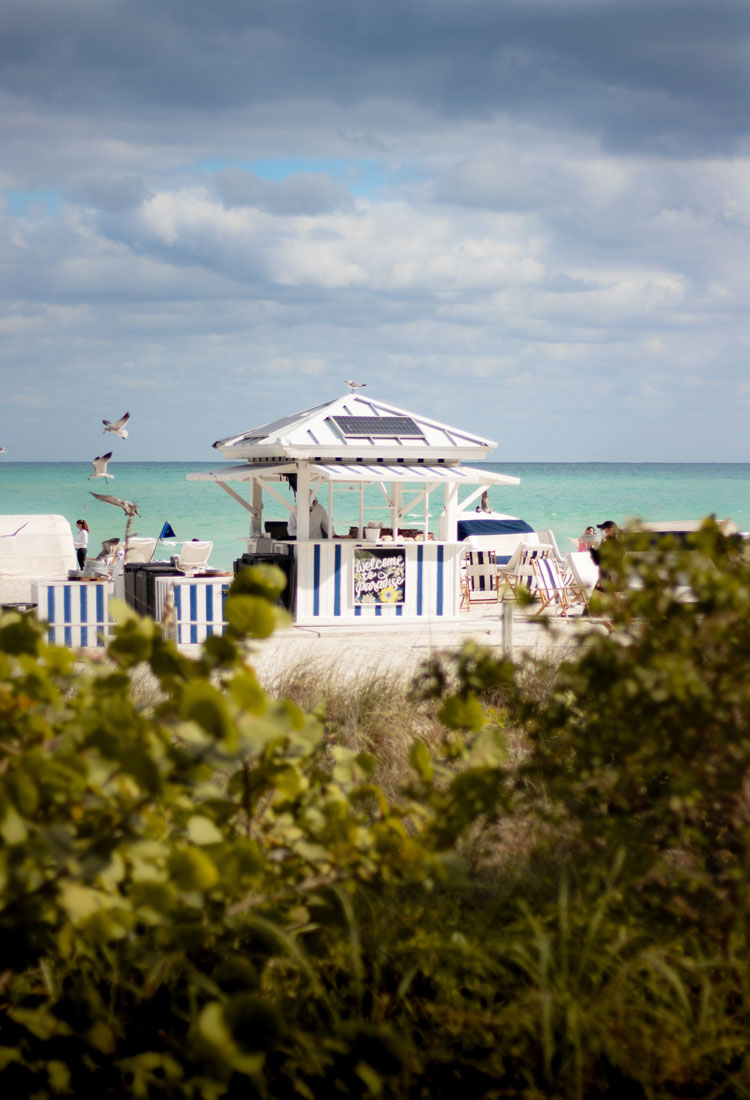Forget about April showers. It rains 12 months a year across the United States, of course — and some spots are notorious for consistently soggy conditions. Whether you’re a “rain, rain go away” person or not, wet weather is a part of year-round everyday life in these seven states that receive the most annual precipitation across the U.S.
7. Georgia
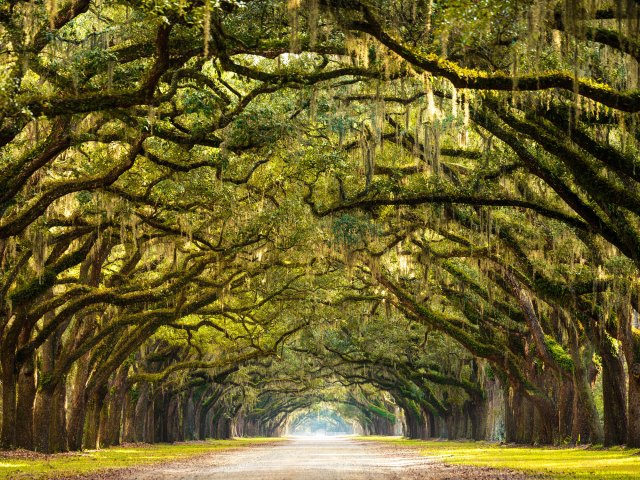
Average annual precipitation: 50.22 inches
The largest state east of the Mississippi River, Georgia has a humid subtropical climate that brings short, mild winters and long, hot summers. Rainfall ranges from 80 inches in the mountainous northeast region of the state to 45 inches in the eastern and central areas.
Georgia is no stranger to severe storms and the aftereffects of hurricanes, either. In 1994, Tropical Storm Alberto brought a record 20 inches of rain in just 24 hours to some parts of central Georgia. But thanks to the frequent rains, springtime is a glorious season for the state, when its landscapes are filled with azaleas, dogwoods, and hyacinths, among other flowers.
6. Hawaii
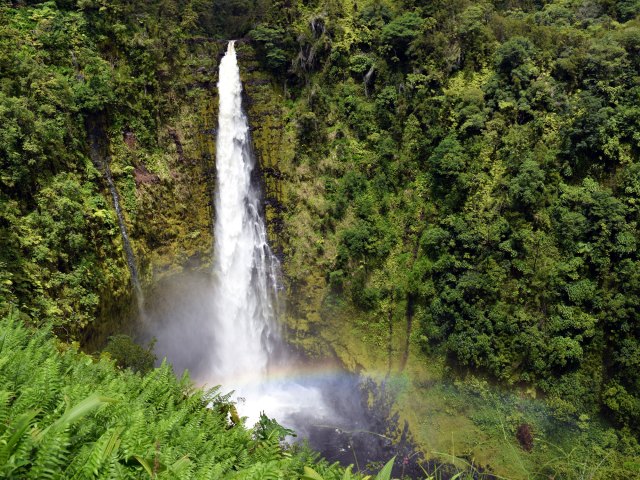
Average annual precipitation: 50.33 inches
Situated below the Tropic of Cancer and about 2,500 miles off the coast of California is the country’s only island state. Hawaii boasts consistently balmy temperatures, which are ideal for exploring the pristine beaches, surf breaks, and volcanoes of the islands.
Rain falls mostly in the mountain regions and valleys on the windward (northeastern) side of the islands. It’s a result of moist trade winds that blow in from the Pacific Ocean and are forced up the mountain slopes before condensing into rain clouds. The precipitation, which is heaviest between November and March, helps produce lush, postcard-perfect landscapes such as those at the Akaka Falls State Park and Ali’i Kula Lavender Farm.
5. Tennessee
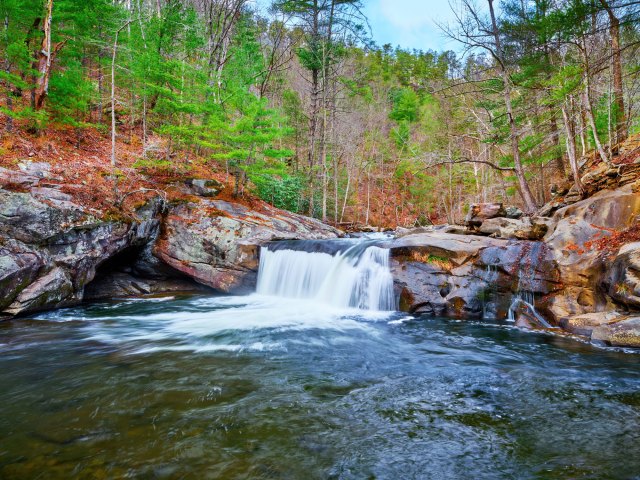
Average annual precipitation: 51.85 inches
Tennessee stretches across the southeastern U.S. from the Appalachian Mountains to the Mississippi River. The state’s climate is distinguished by comparatively large temperature variations that bring warm, humid summers and cool winters. One thing that’s constant is abundant precipitation — the state’s wettest year on record was 1957 with 66.32 inches.
Thunderstorms, tornadoes, and extreme floods are common occurrences in Tennessee — an incredible 106 tornadoes were recorded in April 2011 — and remnants of hurricanes also hit the state. However, the frequent downpours bathe Tennessee’s landscapes in a kaleidoscope of colors. The arrival of spring sees wildflowers in state parks, including the spring beauty, Nashville Gladecress, and Virginia bluebell.
4. Florida
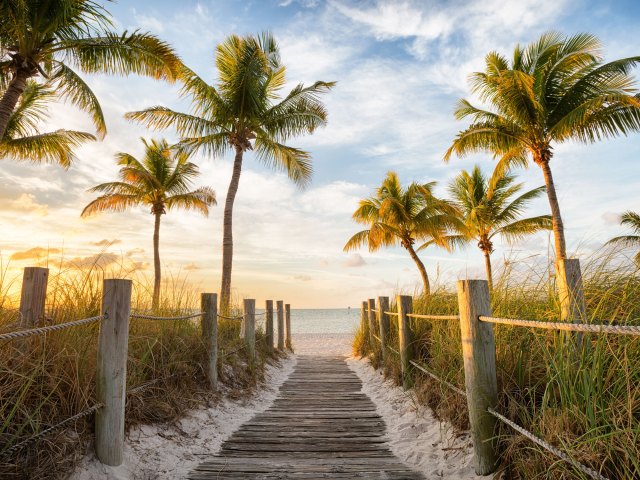
Average annual precipitation: 54.73 inches
Spread across a peninsula between the Atlantic Ocean, Gulf of Mexico, and Straits of Florida in the southeastern corner of the country, the Sunshine State is known for its mild winters and balmy summers — which provide near-perfect conditions for enjoying hundreds of sun-drenched beaches year-round.
However, rain is also common statewide, especially from June through September, when the daytime heat creates air-mass thunderstorms. In fact, the state experiences the highest occurrence of thunderstorms across the country each year, in addition to the most lightning strikes. It’s not uncommon to see locals and tourists alike relaxing beneath sun umbrellas on white-sand beaches and swimming in the ocean as storm clouds roll in.
3. Alabama
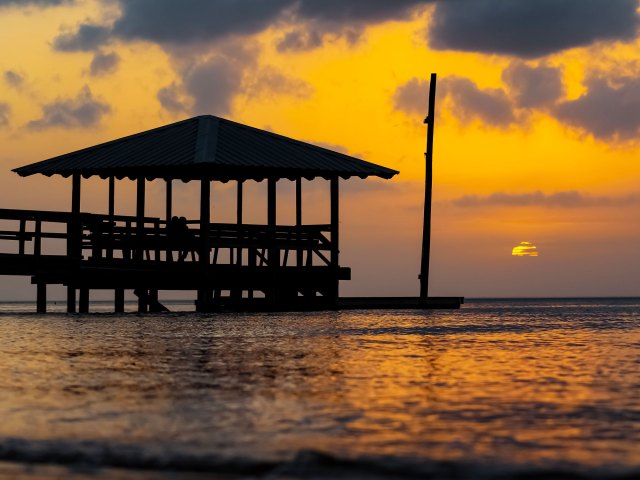
Average annual precipitation: 56.00 inches
Alabama is another southeastern state that’s familiar with rainfall. Aside from a relatively dry season from August to October, precipitation occurs uniformly throughout the year. Hurricanes, such as Hurricane Katrina in 2006 and Hurricane Isaac in 2012, are a major weather hazard and can generate intense rainfall.
Alabama also has 14 major rivers that cross the state, and their water levels rise considerably after deluges. (As a draw for outdoors enthusiasts, however, this creates excellent whitewater rafting activities on the Chattahoochee River.) Alabama is also home to one of the rainiest cities in the lower 48: Mobile, which sits on the Gulf Coast, has an average of 59 annual rainy days.
2. Mississippi
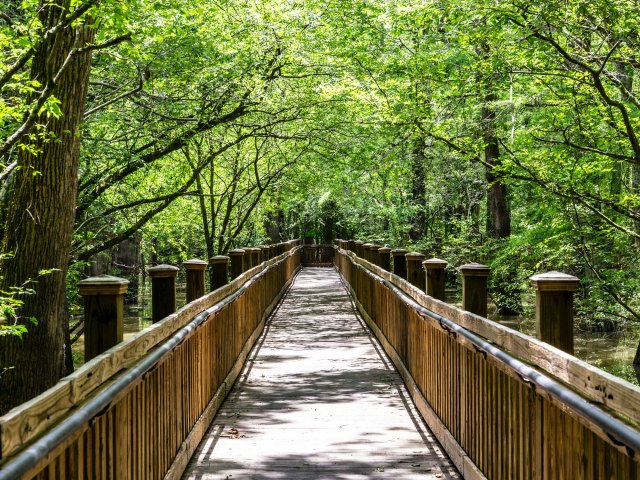
Average annual precipitation: 56.48 inches
Adjacent to Alabama, and bordered on its western side by the mighty river of the same name, is Mississippi. This southern state has a humid subtropical climate that brings scorching summers, mild winters, and persistent rainfall.
Generally, annual precipitation in the state increases from north to south, with the Gulf Coast cities of Biloxi and Pascagoula being among the rainiest. In June 2017, it rained for 21 days out of 30 in Biloxi, and some 22 inches of water fell during that period. While the rain brings the blues to some Mississippi residents, it has a positive effect on agriculture, which is the state’s top industry.
1. Louisiana
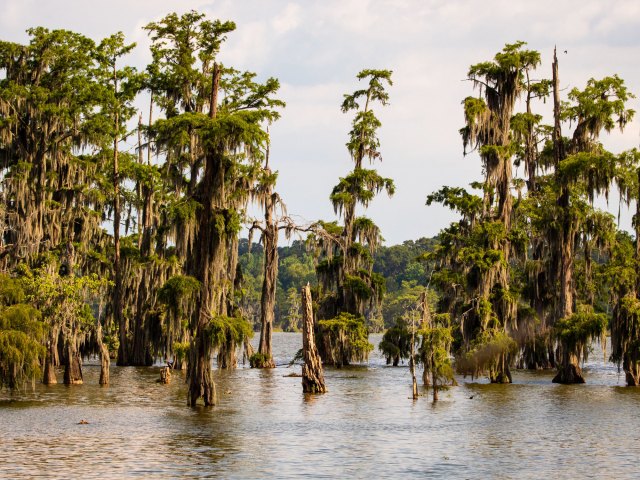
Average annual precipitation: 59.15 inches
Another southeastern state tops the list of rainiest states in the U.S. Louisiana has a subtropical climate similar to neighboring Mississippi. Precipitation ranges from 50 inches in the northern regions of the state to 70 inches around the low-lying coastal southeast areas.
While New Orleans draws millions of tourists annually for the world-renowned Mardi Gras carnival and its colorful French Quarter, it’s likely that visitors experienced some wet weather on their visit — almost 72 inches of rain fell on the city in 2020.
One of the benefits of the rain in Louisiana can be seen during the springtime wildflower bloom. From the Jungle Garden on Avery Island to the 150-acre Kiroli Park and the 31-mile-long Wild Azalea Trail, brightly colored flowers thrive statewide.
Featured image credit: Carlos Bastias/ Unsplash
More from our network
Daily Passport is part of Inbox Studio, an email-first media company. *Indicates a third-party property.






